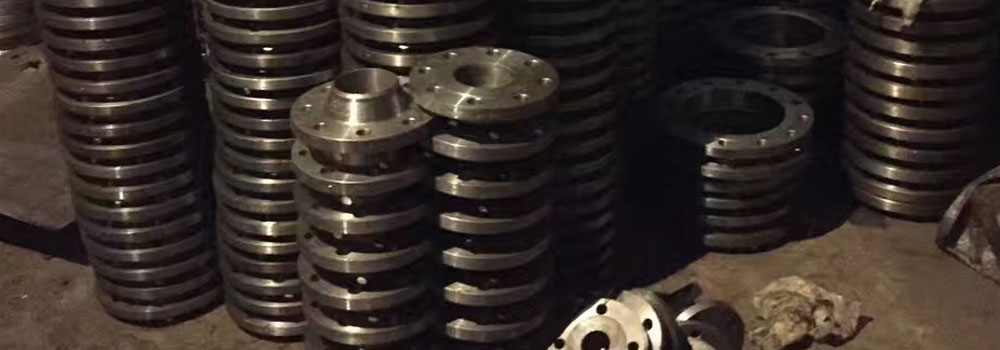Inconel and Monel are two different types of nickel-based alloys, each having its own set of features and applications. Flanges composed of these materials are utilized in settings where corrosion resistance, high temperatures, or both are required. Here's a comparison between Inconel and Monel flanges:
Inconel Flanges
Characteristics:
- Composition: Inconel alloys are primarily composed of nickel and chromium. They may also contain iron, molybdenum, niobium, cobalt, and other elements.
- Temperature Resistance: Excellent resistance to high temperatures, maintaining strength and stability in extreme conditions.
- Corrosion Resistance: Highly resistant to oxidation, corrosion, and pitting in a wide range of corrosive environments, including those with acidic and alkaline substances.
- Common Grades: Inconel 600, 625, and 718 are among the most popular grades, each with specific attributes suitable for different applications.
Advantages:
- High-Temperature Stability: Retains mechanical properties at elevated temperatures, making it ideal for high-temperature applications like gas turbines, heat exchangers, and exhaust systems.
- Oxidation Resistance: Performs well in oxidizing environments, protecting against scaling and degradation.
Applications:
- Aerospace: Used in jet engines and other aerospace components.
- Chemical Processing: Suitable for equipment exposed to acids, alkalis, and chlorides.
- Power Generation: Ideal for steam generators and nuclear reactors.
Monel Flanges
Characteristics:
- Composition: Monel alloys are primarily composed of nickel and copper, with small amounts of iron, manganese, carbon, and silicon.
- Corrosion Resistance: Exceptional resistance to corrosion, particularly in marine and saltwater environments. Also resistant to certain acids and alkalis.
- Strength: Stronger than pure nickel, with good mechanical properties at sub-zero temperatures.
- Common Grades: Monel 400 and Monel K-500 are widely used, with K-500 offering enhanced strength through precipitation hardening.
Advantages:
- Corrosion Resistance: Excellent resistance to corrosion by seawater, making it suitable for marine applications.
- Durability: High strength and toughness, particularly in harsh chemical environments.
Applications:
- Marine Engineering: Used in shipbuilding, propeller shafts, and seawater valves.
- Oil and Gas: Suitable for processing equipment exposed to sour gas and other corrosive substances.
- Chemical Processing: Employed in applications involving hydrofluoric and sulfuric acids.
Comparison
- Temperature Resistance: Inconel flanges are superior in high-temperature environments due to their ability to retain strength and resist oxidation at elevated temperatures. Monel flanges are not as effective at high temperatures but excel in sub-zero conditions.
- Corrosion Resistance: Monel flanges are generally better suited for marine and highly corrosive environments, particularly where seawater and brine are present. Inconel flanges provide excellent corrosion resistance in acidic and oxidizing environments.
- Cost: Inconel alloys are often more expensive than Monel due to their complex composition and manufacturing processes.
- Mechanical Properties: Both materials offer excellent mechanical properties, but the specific choice depends on the operating environment. Inconel is preferred for high-temperature stability, while Monel is chosen for corrosion resistance in marine applications.
For More Information : https://www.ferinoxsteel.com/





Comments